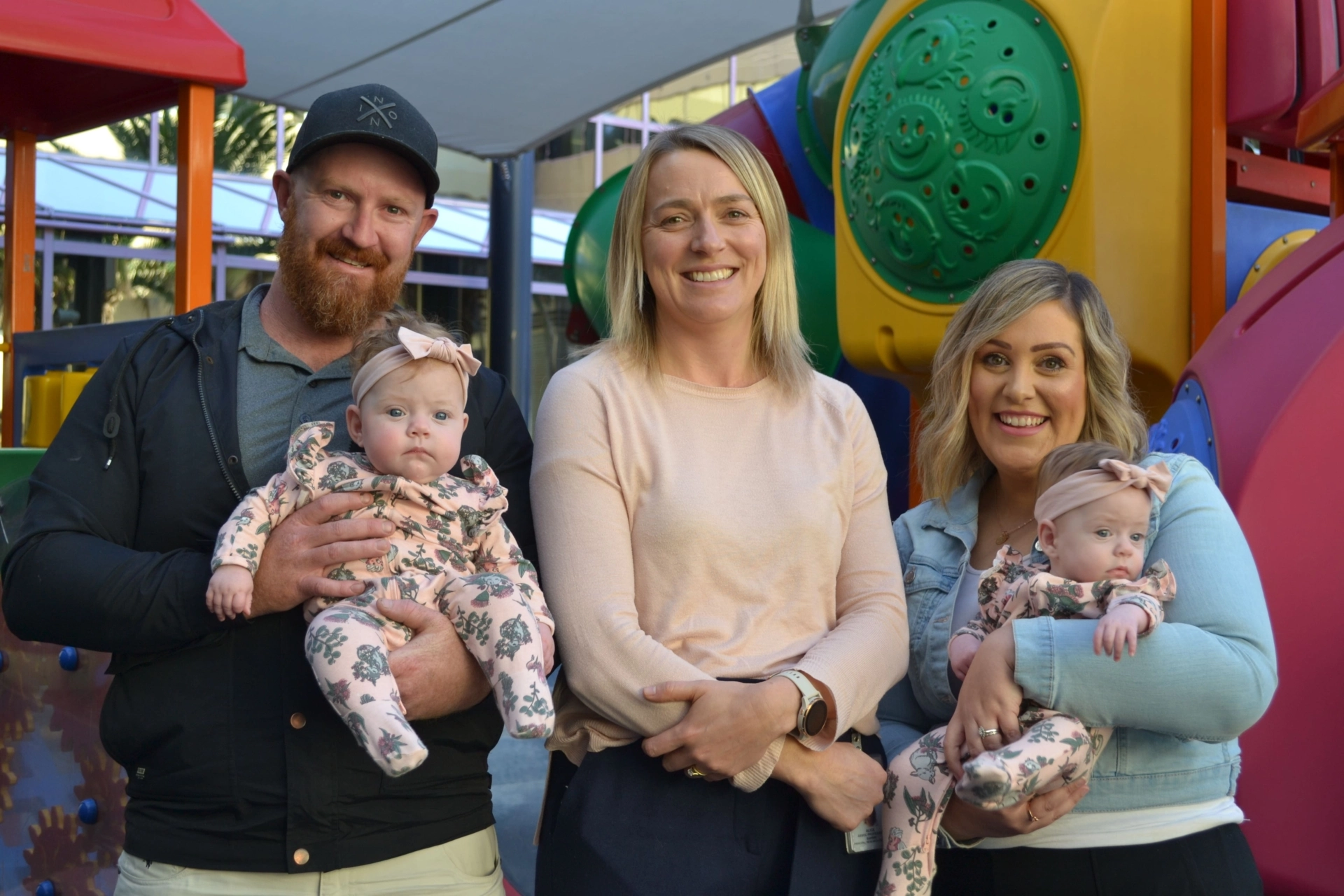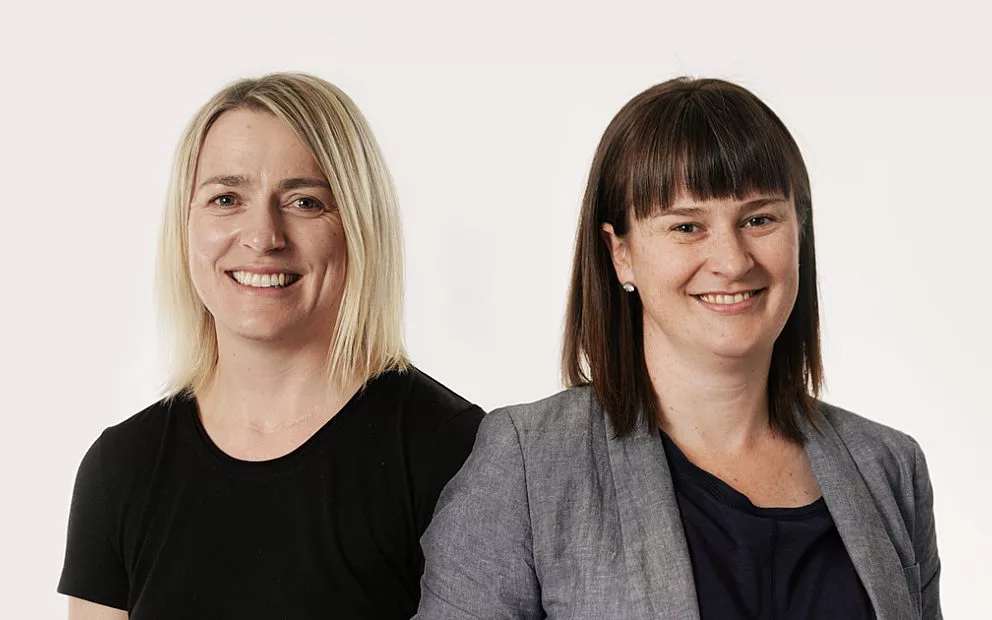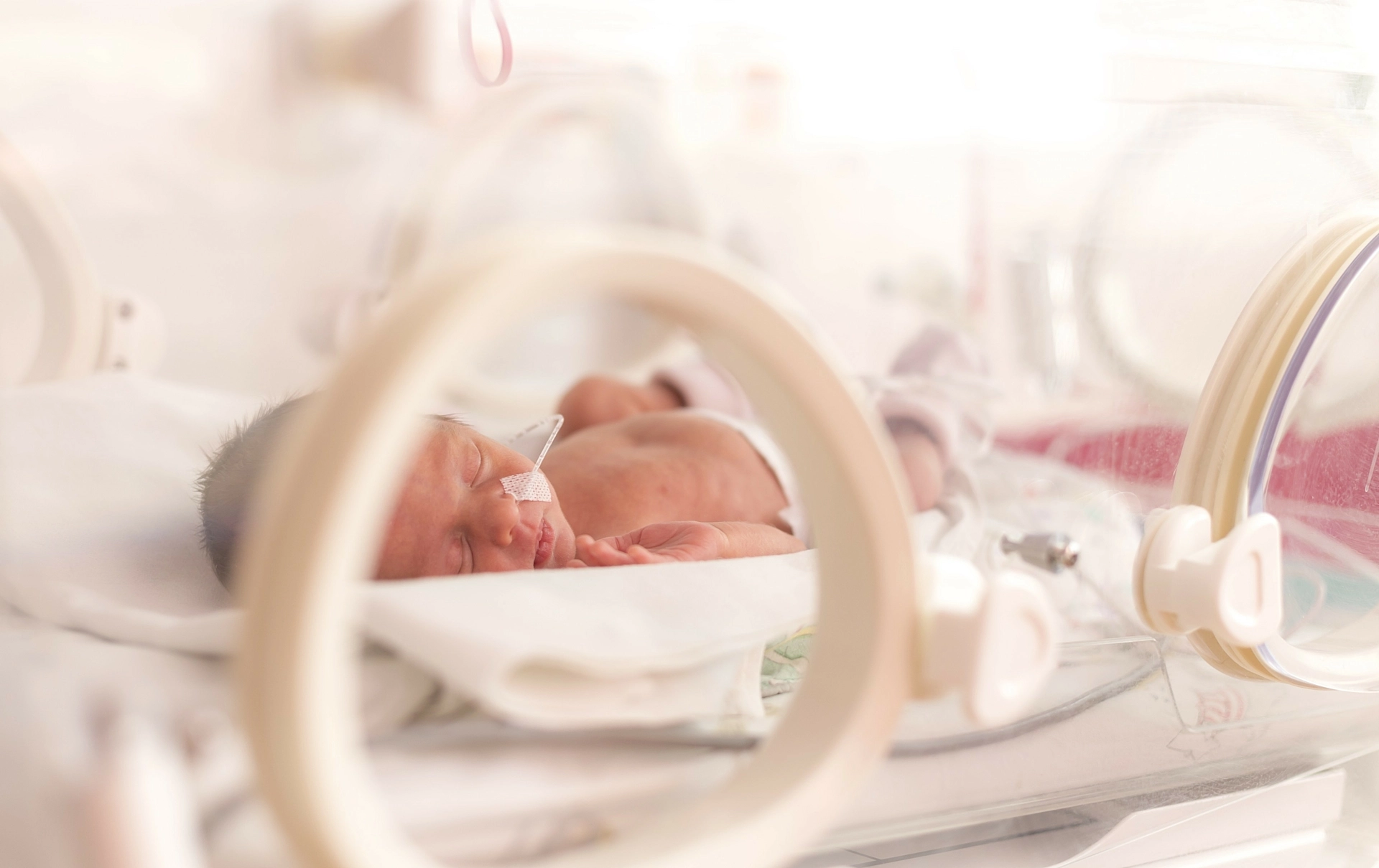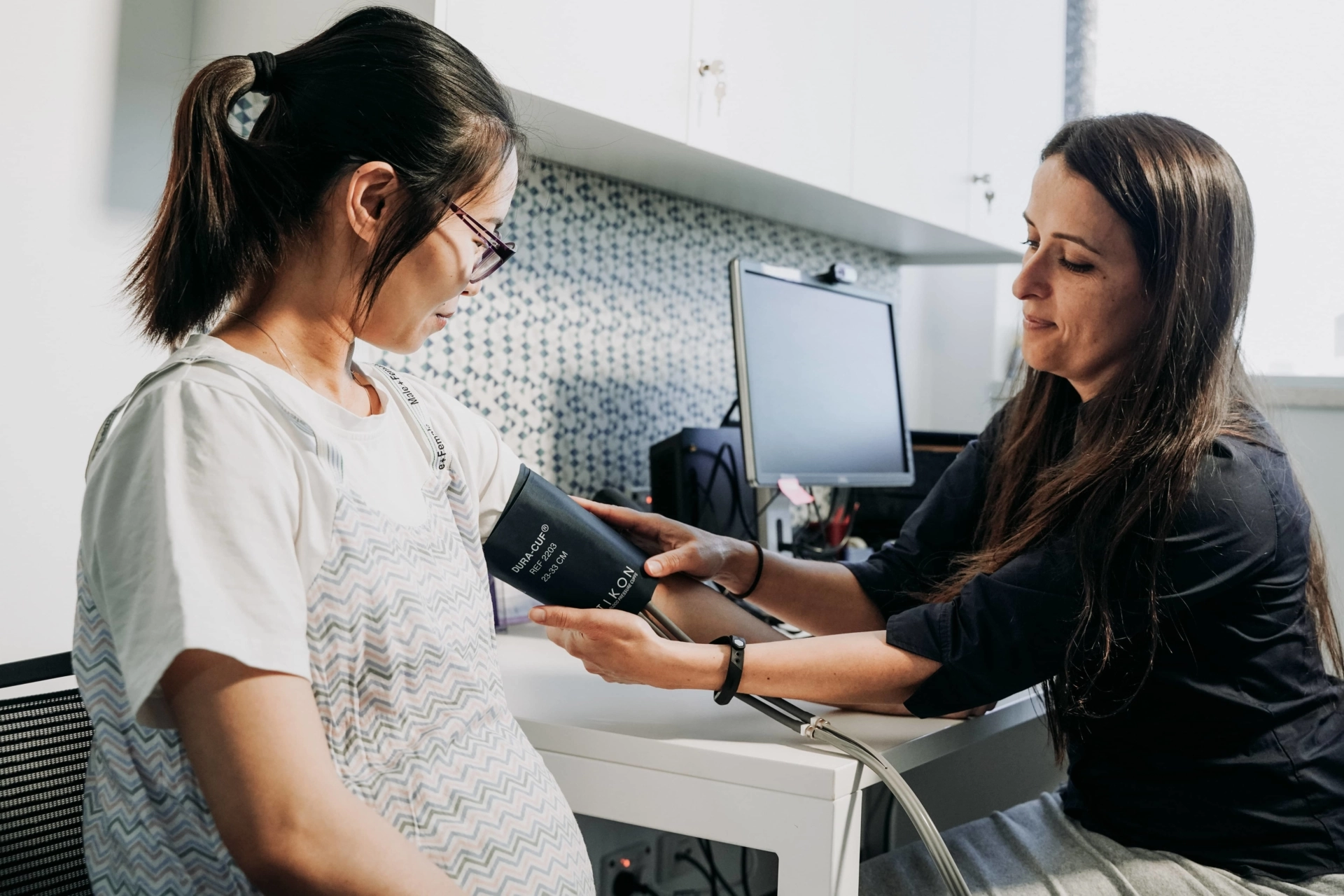Researchers from SAHMRI and the University of Adelaide will provide donor breast milk to more than 2000 babies born moderate to late preterm as part of a study that has earned funding from the National Health and Medical Research Council (NHMRC) Clinical Trials and Cohort Studies (CTCS) Grant round.
The trial’s Chief Investigator, Associate Professor Alice Rumbold, says her team will compare the health and economic impacts of using pasteurised donor human milk against infant formula as a source of nutrition for babies born between 32 and 36 weeks of pregnancy.
“This will provide crucial evidence to determine whether use of donor milk, as a supplement to maternal breast milk, reduces time spent in hospital, feeding difficulties and feeding-related complications, which are common in these vulnerable babies,” she said.
Currently, babies who are born early preterm – before 32 weeks – are given donor milk when their own mother’s milk is not available or in short supply. Whether donor milk is beneficial for babies born just a few weeks early is unclear, as very little research has been undertaken with these babies.
“Ultimately, this trial will determine whether donor milk, which is currently prioritised for babies born early preterm should be made available to all babies born early, when maternal breast milk is not available or in short supply,” A/Prof Rumbold said.
The randomised controlled trial – known as the GIFT Trial – is a collaboration between SAHMRI, the University of Adelaide, the Red Cross Lifeblood Milk Bank and will be conducted at five sites across three states, including the Women’s and Children’s Hospital in Adelaide.
It is being funded by a $2.2m grant from an NHMRC funding pool that is designed to address important gaps in knowledge, leading to relevant and implementable findings for the benefit of human health.
“If we can provide evidence that donor milk helps babies get home sooner, and with fewer feeding-related complications, it would benefit the infants, their families and the health system,” A/Prof Rumbold said.
Complications due to poor feeding are the major cause of health burden and costs in babies born between 32 and 36 weeks of pregnancy.
Infant formula is regularly used as additional nutrition for pre-term babies, but it can contribute to complications, including feeding intolerance, increased need for IV fluids, interrupted breastfeeding, effects on weight gain and delayed hospital discharge.
Human milk is easier to digest than formula and protects babies against other serious diseases and infections. It has all the nutrients babies need for their growth and development.
Associate Professor Alice Rumbold is a Principal Research Fellow, co-lead of Perinatal and Pregnancy Care and head of the Human Milk and Lactation Research Group at SAHMRI. She also holds an affiliate position as a Research Leader within the Robinson Research Institute at the University of Adelaide.
Australian Red Cross Lifeblood is funded by Australian governments to provide life-giving blood, plasma, and transplantation and biological products.





